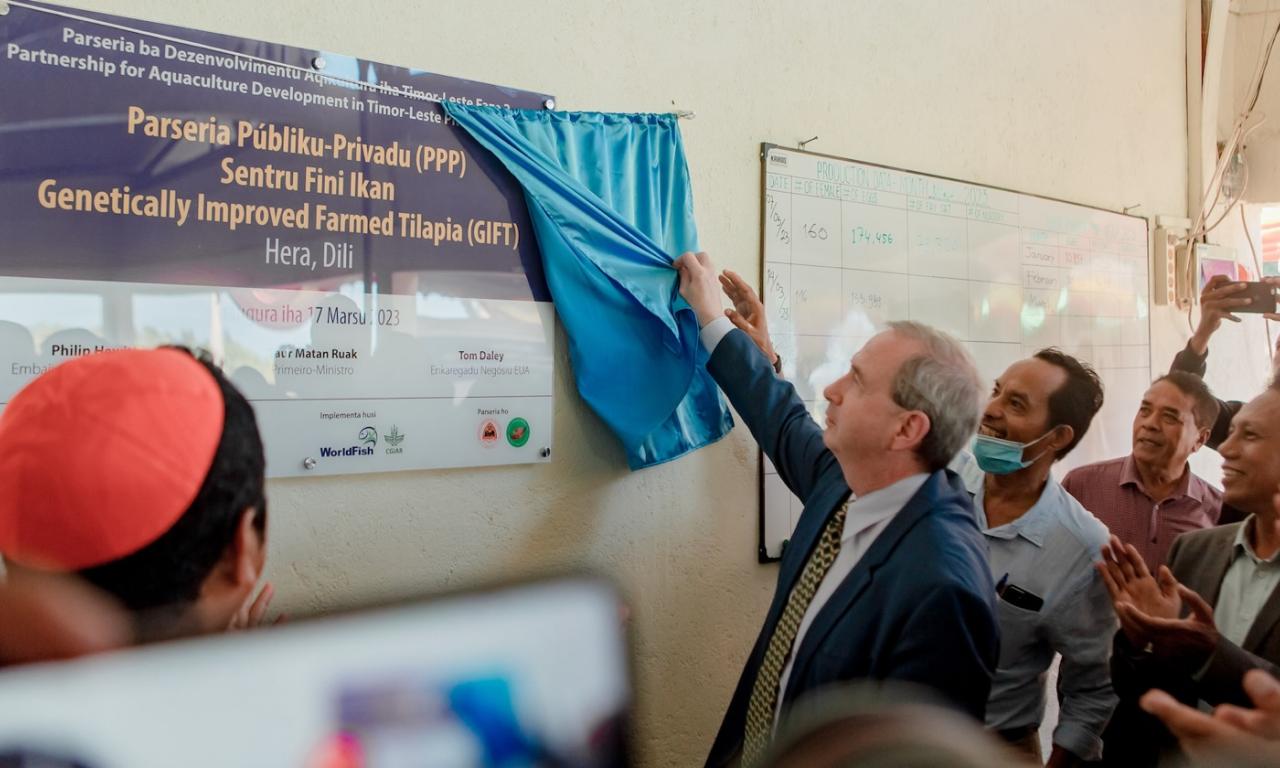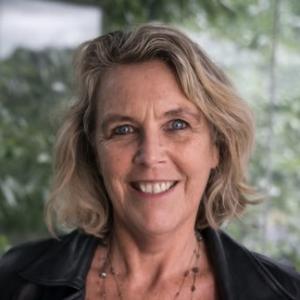
Today, WorldFish researchers are tackling socio-ecological problems that pose far more complexity and uncertainty than when WorldFish was first established, nearly 50 years ago. Food systems in our partner countries are under stress and the livelihoods of women and men fishers, farmers and traders face uncertain futures.
At the same time, the research and leadership strengths of our country partners have grown, and they increasingly aspire to engage with us on a ‘level playing field’ in terms of research prioritization, design and implementation.
WorldFish recognises the role that more collaborative and equal partnering plays in greater accountability to our partners and beneficiaries in delivering sustained societal benefits.
Most of all, this shift in partnership model is bound to lead to more widespread adoption of co-developed science and innovations.
Embracing Collaborative Approaches
Since the mid-1990s development organisations have shifted from service delivery to a human rights-based approach to enhance accountability to beneficiaries and effectively address poverty. Donors are becoming more conscious of their negative influence on achieving development outcomes by favouring upward accountability that prioritize short-term outputs over long-term goals aimed at pro-poor social development.
Both donors and development organisations have recognized the need for enhanced downward accountability and legitimacy. Donors now seek national endorsement of investment priorities, and evidence of sustained benefits to the lives of the poor. WorldFish sees exciting opportunities for greater alignment of our mission. We see our maturing partnering arrangements as a key mechanism to achieve this alignment and better deliver on our mission.
Effective partnering requires crossing organizational boundaries and engaging differently, setting a framework that respects the socio-political context and emphasizes the collaborative process over the technical outputs - focusing more on ‘how’ we work together, rather than ‘what’ we work on or the technical skills we bring.
Next Generation Partnerships in Action
WorldFish is actively refining its approach to managing and monitoring the health of our country partnerships, emphasizing shifting power balances to enhance leadership in research prioritization, and program design by local policymakers and researchers.
This involves building competencies among WorldFish researchers for collaborative research identification and knowledge creation with in-country counterparts, signalling a transition to what we call ‘Next Generation’ partnerships.
WorldFish’s NextGen Partnerships focus on research behaviours and attitudes that support equality in our research and engagement practices.
A prime example is our program in the Solomon Islands, where, over the past decade or so, our partnership approach has shifted to a more equitable collaboration involving the integration of staff within the national fisheries agency to inform and support program design and implementation. This approach facilitates the co-creation of knowledge and scaling of research innovations, establishing research legitimacy as a precursor to effectiveness.
Our nearly 40-year engagement in Pacific small island states has influenced national development agendas, reflecting a deep consideration of the role of research in achieving sustainable change. We prioritize research legitimacy and local ownership to enhance the effectiveness of our initiatives.
Looking forward, WorldFish aims to establish similar frameworks across our maturing partnerships. We recognize that empowering local knowledge holders in decision making processes leads to more sustainable societal changes, especially in the lives of those women and men dependent on aquatic resources for their livelihoods.
